As far as I know, this is the only surviving remnant, at least on paper, of a lecture I gave at what may have been the first international and academic conference devoted to Orson Welles, held at New York University in May 1988. The footnotes haven’t survived. — J.R.
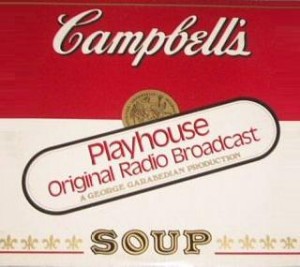
Note: The following is a revised version of a paper which was initially structured around four lengthy excerpts from the Huckleberry Finn radio show presented on The Campbell Playhouse. In order to make this adaptation, I have eliminated all of my remarks about music and sound effects and given more emphasis to allusion and description rather than citation. Interested readers are urged to consult the radio show, available on Mark 56 Records (no. 634), P.O. Box One, Anaheim, CA 92805. [April 2015: This can now be accessed online and for free here.]

Huckleberry Finn was broadcast on The Campbell Playhouse on March 17, 1940, during the period when Orson Welles was commuting every week between Hollywood and New York. Herman Mankiewicz was working on the first draft of the Citizen Kane script at the time. Three and a half months had passed since the final version of the film script of Heart of Darkness had been completed, and two months since the final script of The Smiler with the Knife. Read more
From the January 6, 1989 Chicago Reader. — J.R.
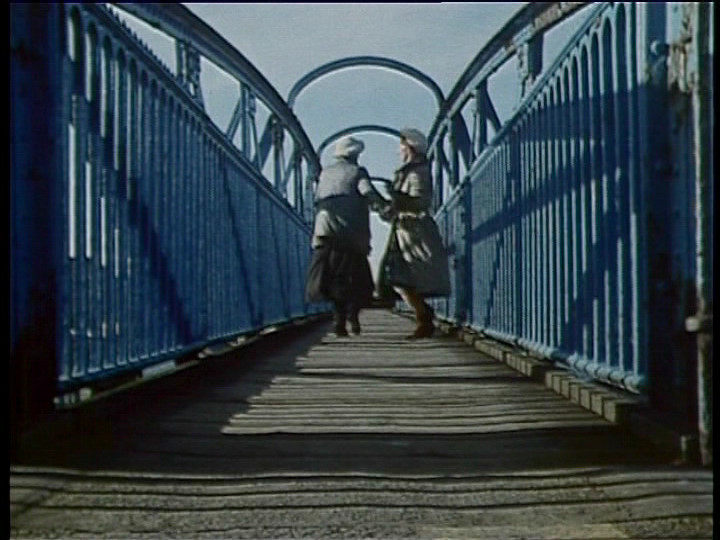
For me, the ten best movies of 1988 are the ones I would profit most from seeing again and the ones I’ve profited most from thinking about. Their value, in other words, lies not merely in the immediate pleasure they offered but also in their aftereffects — the way they set with me for weeks and months after I saw them, sometimes growing and ripening with time.
I tend to be wary of critics’ lists and awards that are unduly weighted toward recent films — particularly because it’s much harder to evaluate a movie at the time of its release than it is weeks, months, or even years later. Perhaps the key occupational hazard of film critics is the pressure to remain stuck in a continuous present, and to serve the whims of the marketplace by confusing what’s recent with what’s genuinely new. Measuring a given week’s offerings only against each other narrows the difference between criticism and advertising by basing everything on consumption — reducing the universe of films to the few releases that happen to be available for consumption at any given moment rather than reflection.
On the basis of my own reflection, it turns out that six of my favorite movies of 1988 opened in Chicago during the first half of the year; I saw a couple others either then or earlier, and the remaining two in July and September. Read more
This piece appeared in the Chicago Reader on December 10, 2004. One particular reason for reviving it is the happy news that The Exiles (see first illustration below) and all the Val Lewton horror films, including The Seventh Victim, which were relatively scarce items when they showed back then at the Gene Siskel Film Center, are now readily available on DVD, in excellent editions. Due to its lack of the usual auteurist credentials — specifically, the mediocre reputation of Mark Robson — The Seventh Victim continues to be the most neglected of Lewton’s greatest films, but it’s no longer hard to find. Burn, Witch, Burn is now out on Blu-Ray, and it seems that A Tale of Two Sisters is currently available in multiple editions in the U.S. and elsewhere — J.R.
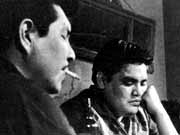
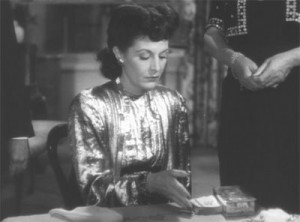
The Exiles **** (Masterpiece)
Directed and written by Kent Mackenzie
With Yvonne Williams, Homer Nish, Tommy Reynolds, and Rico Rodriguez
The Seventh Victim **** (Masterpiece)
Directed by Mark Robson
Written by Charles O’Neal and Dewitt Bodeen
With Kim Hunter, Jean Brooks, Hugh Beaumont, Erford Gage, Tom Conway, and Mary Newton
A Tale of Two Sisters * (Has redeeming facet)
Directed and written by Kim Jee-woon
With Yeom Jeong-a, Im Soo-jung, Moon Geun-young, and Kim Kab-su
Burn, Witch, Burn *** (A must see)
Directed by Sidney Hayers
Written by Richard Matheson and Charles Beaumont
With Janet Blair, Peter Wyngarde, Margaret Johnston, and Anthony Nicholls
By Jonathan Rosenbaum
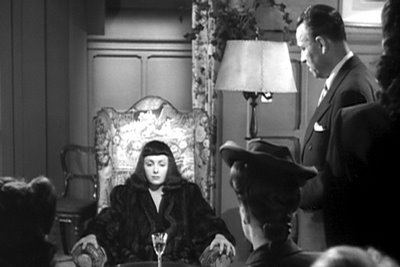
Few movie-industry executives -– and not just in the U.S. Read more






